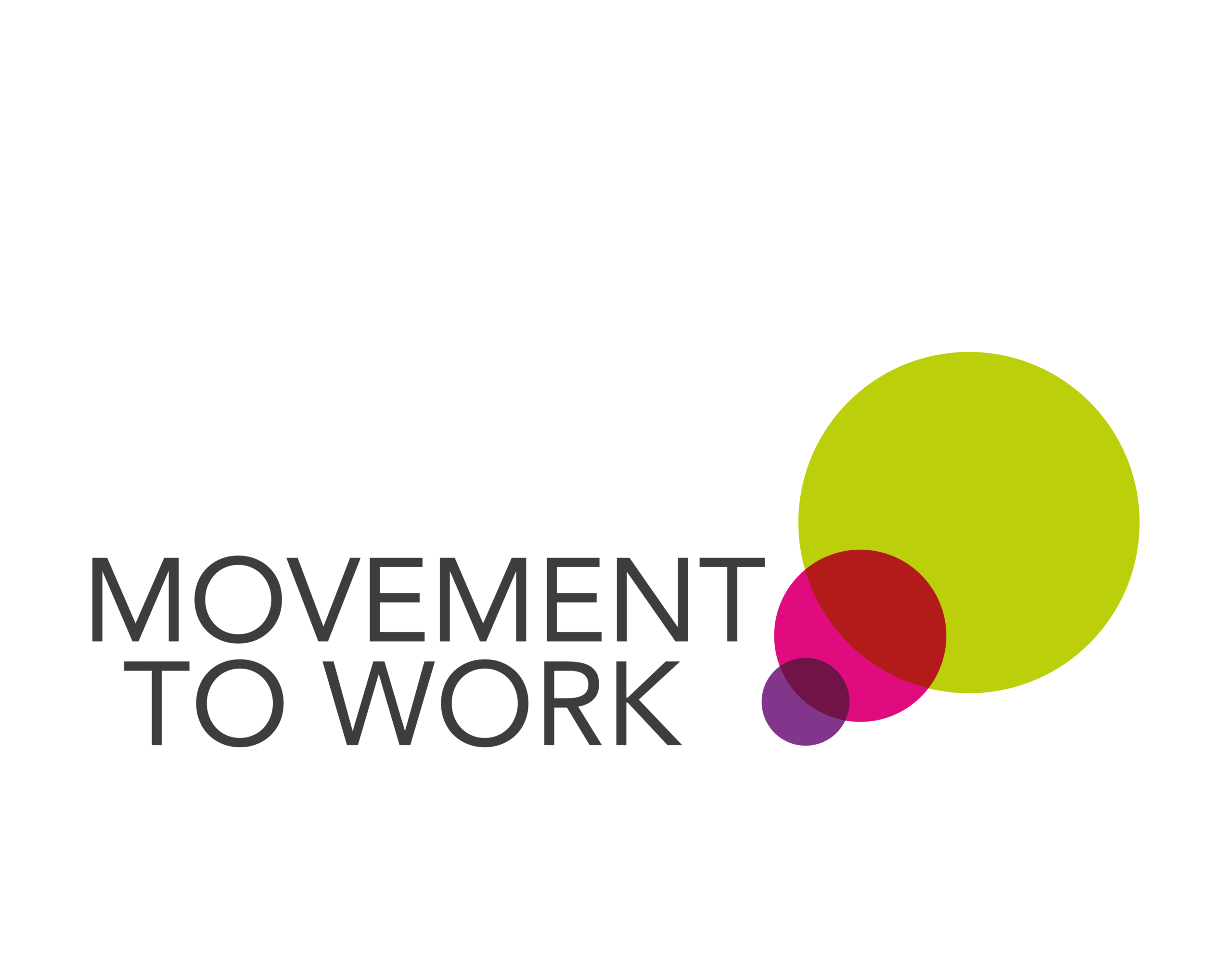Report Entry and Retention in the Labour Market: Narratives and Solutions for Neet and Care Leaver Employment Support
What are the barriers to employment for young people who are not in education, employment, or training (NEET) or who have experience of care?
What works best to support them? In partnership with the Education Development Trust (EDT), ersa’s latest report draws conclusions from a survey of practitioners and young people to understand the barriers they face, what services are offered, and what is considered to work best in helping NEET young people – and especially care leavers – to progress into work.
More than one in ten young people in the UK between the ages of 16 and 24 are classified as not in employment, education, or training (NEET), and the rate of young people being NEET has not fallen below 10% over the last twenty years.
We know that being NEET can have immediate negative consequences for a young person, such as decreasing levels of self-esteem, increasing the likelihood of engaging in risky behaviours such as substance misuse and criminal activities, and increasing their chances of living in poverty. While there has been much research into the factors that lead to becoming NEET, how these can be mitigated, and the impacts of being NEET, there is not the same body of evidence to inform the support provided to young people to move into and stay in education, employment, and training (EET). This study looks at what the existing research has to say and surveys young people and the practitioners who work with them on four key questions:
- What is currently offered in terms of in-work support for young people and care leavers?
- What are the key barriers to EET for young people and care leavers who are NEET?
- What is currently offered to young people and care leavers in terms of entry to EET support?
- What types of provision are most effective at dealing with the barriers young people face to EET?
Read more here
